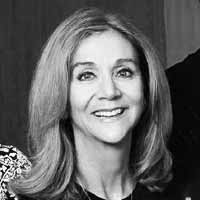Question
HNC patients may present with mild to severe swallowing difficulties. What is the impact of HNC treatments on swallowing function?
Answer
Although HNC treatments target malignancies, they trigger a multitude of treatment-related toxicities that transiently or permanently alter anatomical structures and function essential for swallowing safety, oral intake, and quality of life. Treatments for HNC contribute to the disruption of critical functions, such as feeding, eating, and swallowing, resulting in life-altering changes and potentially death (Chera et al., 2014; Nguyen et al., 2005). Critical anatomical and physiological swallowing structures or dysphagia/aspiration-related structures (DARS) (Eisbruch et al., 2004) are at high risk of mucosal and structural damage from intensive treatment likely contributing to late and ongoing dysphagia and aspiration (Eisbruch et al., 2004). Surgery, radiation, and/or chemotherapy are selected with the intent to cure HNC. However, the tumor and treatment(s) disrupt normal function. Disuse quickly results in muscle atrophy from reduced muscle use, movement, and motion. Muscle atrophy results in reduced frequency of swallow, edema, and lymphedema (King et al., 2016). Muscle fibrosis, tissue scarring, anatomical changes from excision of structures, muscle atrophy from neuromuscular changes, cranial nerve denervation, stricture, trismus, xerostomia, and taste loss all increase the risk and severity of dysphagia and malnutrition post-treatment. Long-term effects of muscle atrophy from disuse result in tissue and muscle fiber changes resulting in fibrosis and functional abnormalities contributing to moderate or severe oropharyngeal dysphagia (King et al., 2016).
This Ask the Expert is an excerpt from the course, 20Q: Head and Neck Cancer for the Speech-Language Pathologist, by Barbara Messing, PhD CCC-SLP, BCS-S, FASHA.

